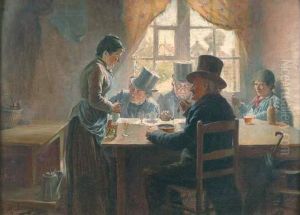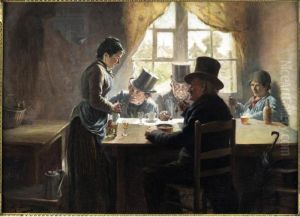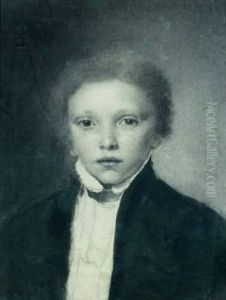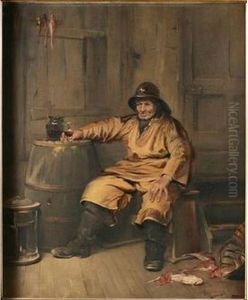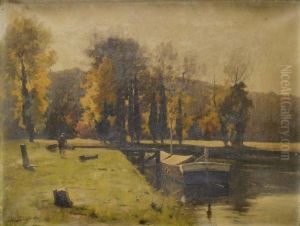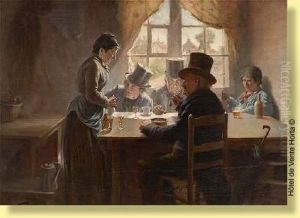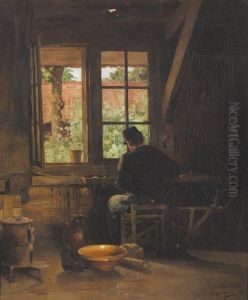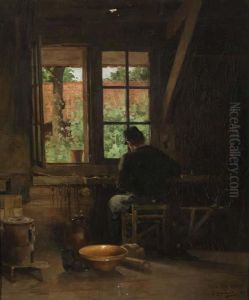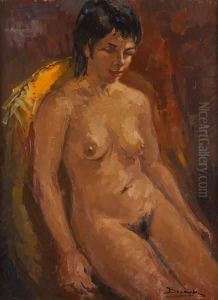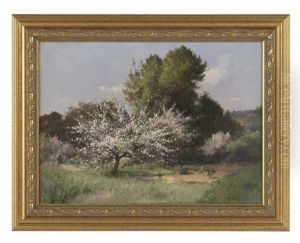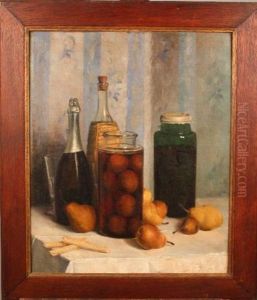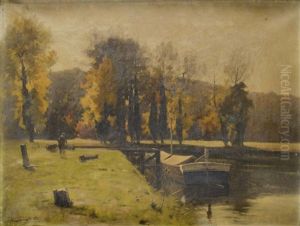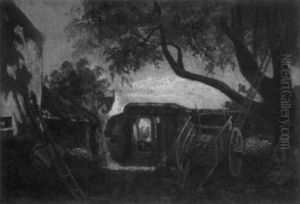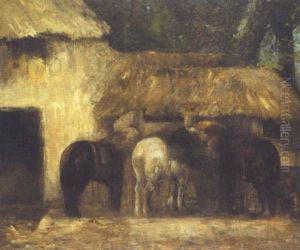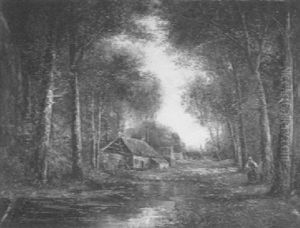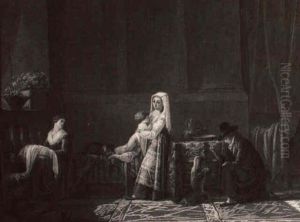Albert Decamps Paintings
Alexandre-Gabriel Decamps was a French painter born on March 3, 1803, in Paris, France. Although often mistakenly referred to as Albert Decamps, his correct name reflects his significant contribution to the 19th-century art world, particularly in the development of Orientalist painting. Decamps was a precocious talent, showing an early inclination towards art, which was fully supported by his family. Unlike many of his contemporaries, Decamps did not follow the traditional academic path. Instead, he trained under several artists, including Étienne Bouhot and Alexandre-Denis Abel de Pujol, absorbing diverse influences that would later contribute to his unique style.
Decamps' work is characterized by its remarkable versatility, encompassing a wide range of subjects from genre scenes, historical events, to religious themes. However, it was his fascination with the Orient that truly distinguished his oeuvre. After a trip to Turkey and the Middle East in 1827, Decamps' artistic direction took a decisive turn. He began producing a series of works inspired by his travels, capturing the exotic landscapes, people, and customs of the East with a vividness and sensitivity that were unrivaled at the time. These paintings were instrumental in popularizing Orientalist themes in French art and influenced a generation of artists, including Delacroix and Gérôme.
Despite his success, Decamps' relationship with the official art establishment in Paris was fraught with challenges. His innovative use of light and color, along with his sometimes unconventional subject matter, often put him at odds with the conservative tastes of the French Academy. Nevertheless, Decamps enjoyed considerable public and commercial success during his lifetime. His works were sought after by collectors across Europe, and he was recognized as a leading figure in the Romantic movement in art.
Decamps' later years were marked by tragedy and declining health. Following the death of his wife and child, he retreated from public life and spent much of his time in solitude. Despite these personal setbacks, he continued to paint, exploring new subjects and techniques until his untimely death in a hunting accident on August 22, 1860, in Fontainebleau, France. Today, Decamps is remembered not only for his pioneering role in Orientalist painting but also for his contributions to the Romantic movement. His works are held in major museums around the world, testament to the enduring appeal and significance of his artistic legacy.
